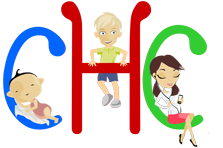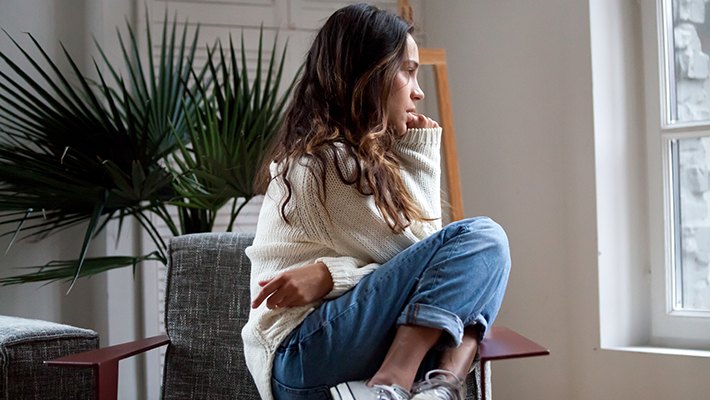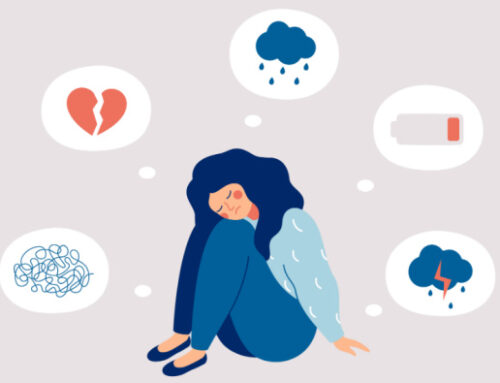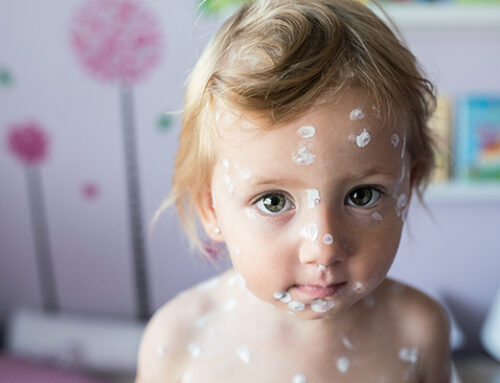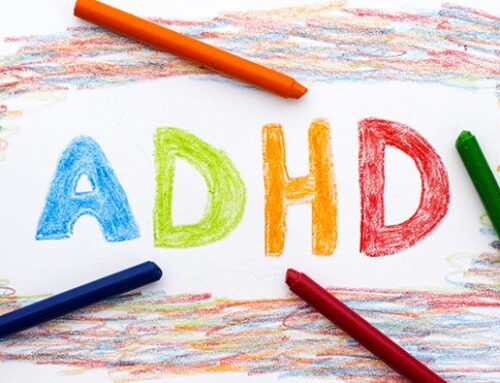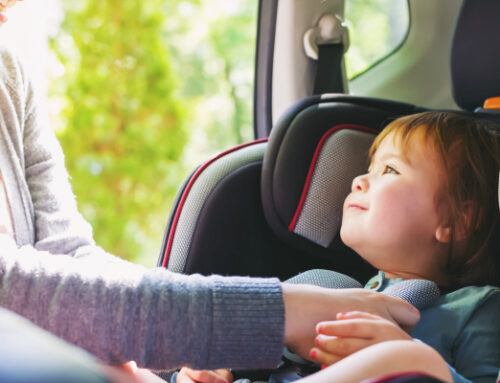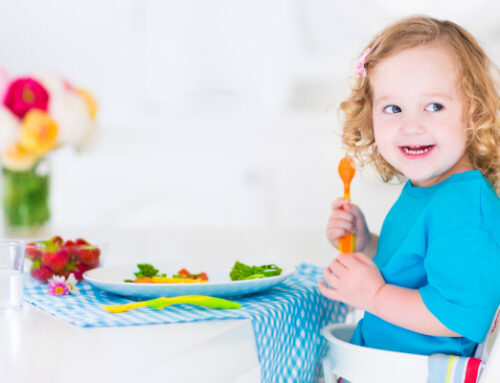Anxiety is a normal emotion that is often felt in waves of apprehension, worry or nervousness. It is common for people of all ages to experience feelings of anxiety, particularly during times of stress and uncertainty. However, when anxiety in teens and children starts to take over everyday situations, it can be extremely debilitating and traumatic for the sufferer.
If your child has been experiencing regular spells of anxiety, it is hindering their daily life or they find it difficult to keep these feelings under control, they may be living with an anxiety disorder.
Types of Anxiety Disorders
There are many different types of anxiety disorders that can affect people in varying ways. Some of the common types of anxiety disorders seen in teens and children include:
- Generalized Anxiety Disorder
- Separation Anxiety Disorder
- Phobias
- Social Anxiety Disorder
- Post Traumatic Stress Disorder (PTSD)
- Obsessive Compulsive Disorder (OCD)
- Panic Disorder.
Similarly to adults, there are many things that can spur on anxiety in adolescence. While some anxiety disorders may be brought on from life experiences, such as PTSD, others can be passed on through genetics.
Symptoms of Anxiety in Teens and Children
Anxiety disorders typically affect how teens and children think and behave. But as there is a range of anxiety types, you may find it difficult to recognize if and when your child is experiencing it.
Although anxiety can be revealed in different ways, some of the common symptoms of anxiety include:
- Muscle tension
- Irritability and/or restlessness
- Shortness of breath
- Palpitations
- Erratic behavior
- Trembling
- Sleep disturbances
- Physical weakness
- Poor memory and/or confusion
- Difficulty concentrating
- Sweaty hands
- Stomach ache
- Nausea and/or sickness
- Fatigue
- Avoiding social or unfamiliar situations
- Appearing distressed when separated from parents or the home.
Not every teen and child who experiences anxiety will adopt every one of these symptoms. Like most human emotions, the way anxiety is expressed can differ from person to person. Children often draw their attention to the physical symptoms, such as nausea or palpitations. Whereas teenagers may become withdrawn or avoid situations where their anxiety is provoked.
The symptoms of anxiety can make a person feel ashamed, physically ill and can even increase anxiety. Therefore it is important to remain calm during a panic attack or an anxious period and reassure the child that they are safe.
What To Do If You Think Your Teen or Child Has Anxiety
When a young person is suffering from an anxiety disorder, it can be very impeding on their life. Anxiety may even overlap with other mental illnesses, such as depression, which can be very difficult for a parent to cope with.
The good news is, there are many things you can do to help your child – and you certainly don’t have to do it alone. It is important to seek the professional help your child needs to recognize, manage and treat their anxiety appropriately.
At the Children’s Health Center, we have a team of friendly doctors and health care providers dedicated to children’s health. Our caring professionals are specialized in the diagnosis, management and treatment of children’s mental health disorders.
If you are concerned about anxiety in an adolescent, or to find out more information about the treatment of anxiety in teens and children, please feel free to contact our health center at anytime on 830-693-3988, or book online by visiting our Bookings page.
Towns and County’s We Are Near:
- Highland Lakes
- Burnet County
- Llano County
- Blanco County
- Mason County
- Lampasas County
- San Saba County
- Marble Falls
- Johnson City
- Horseshoe Bay
